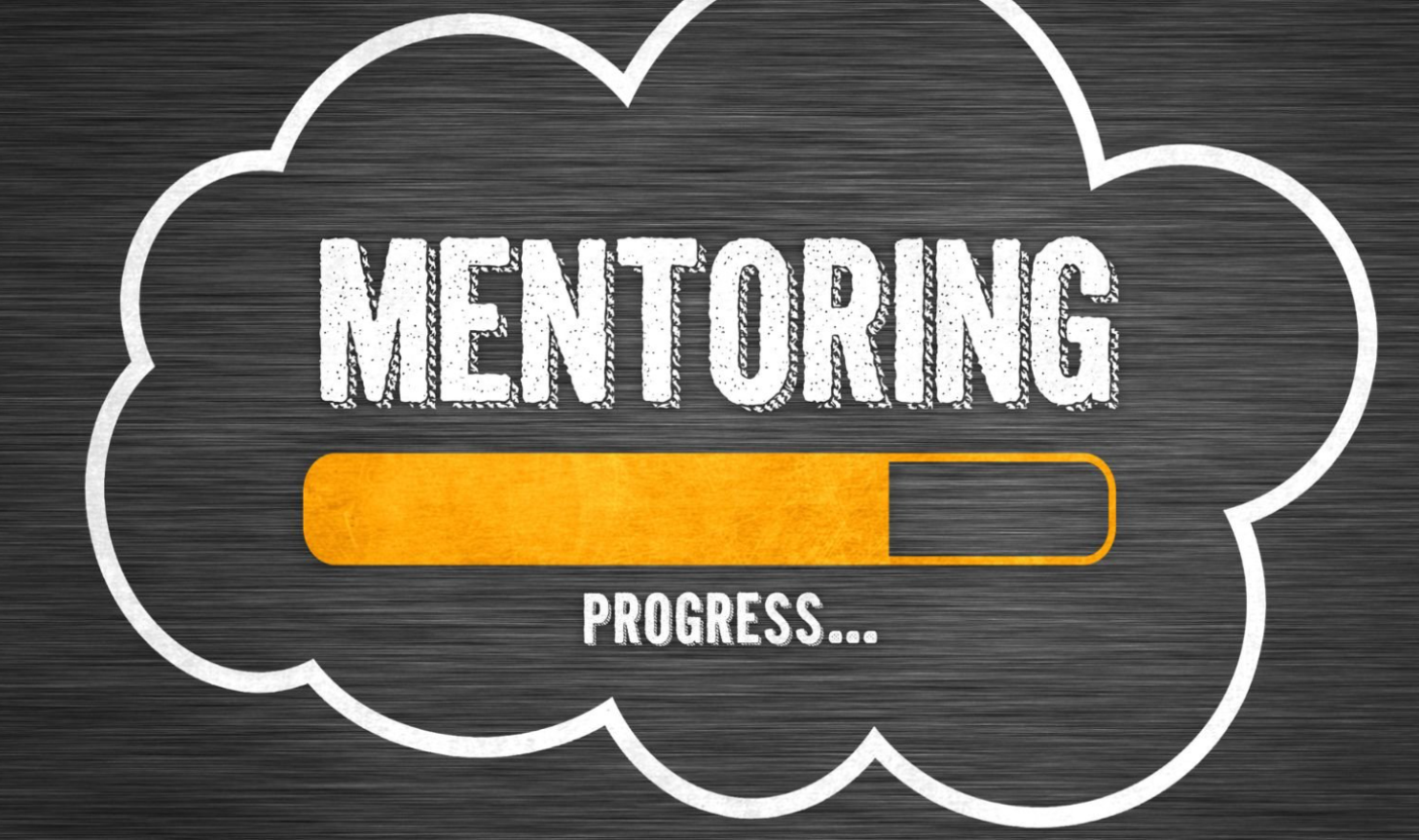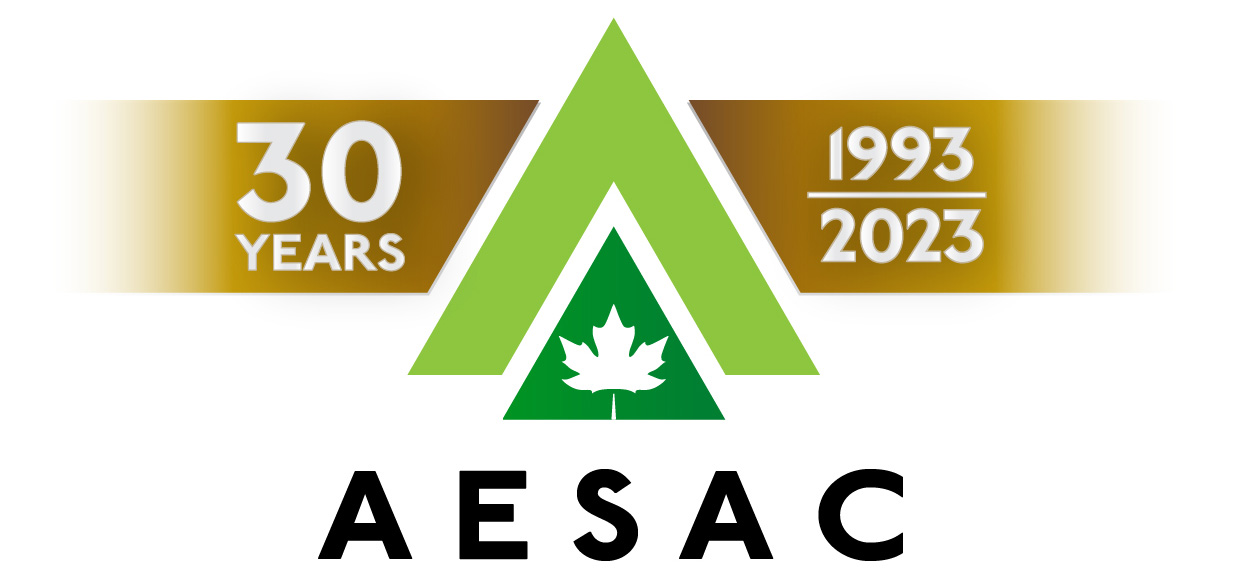- Home
- Training Courses
- Membership
- About Us
- Instructors Blog
- December 2023: All I Want For Christmas
- November 2023: ESA Report Reviews
- October 2023: Can AI Write an ESA Report?
- September 2023: Getting Paid... or Not
- August 2023: Take Me Back...
- July 2023: To Bid or Not To Bid
- June 2023: Selecting a Supplier
- April 2023: Phase 1 Problems, Part 3
- March 2023: Phase 1 Problems, Part 2
- February 2023: Phase 1 Problems, Part 1
- January 2023: Working Outside in Winter
- 2022 Blogs
- 2021 Blogs
- December 2021: Asbestos in your Home
- Sept 2021: Dirty Jars And Other Bad Things… Part 2
- August 2021: Dirty Jars And Other Bad Things… Part 1
- July 2021: How do you want that drawing to look? Part 2
- June 2021: How Did You Want That Drawing To Look? Part 1
- April 2021: So You Need a RSC... Part 2
- March 2021: So You Need a RSC... Part 1
- February 2021: What's In Your Toolbox? Part 2
- January 2021: What's In Your Toolbox? Part 1
- 2020 Blogs
- December 2020: A Day in the Life, Part 2
- November 2020: A Day in the Life, Part 1
- October 2020: Exploring Your Career Path
- September 2020: So You Want To Start Your Own Business - Part 2
- August 2020- So You Want to Start Your Own Business
- June 2020: Effective Communication
- May 2020: Tips For Working From Home
- April 2020: Conducting ESA’s During a Pandemic
- March 2020: It's Not Easy Being Green
- February 2020: Looking Ahead; Bold Predictions for the Next Decade
- January 2020: Looking Back; A Decade in Review
- 2019 Blogs
- 2018 Blogs
- 2017 Blogs
- 2016 Blogs
- 2015 Blogs
- Find an AESAC Member
Menu- Home
- Training Courses
- » Training Courses
- » Webinar Series
- » Calendar of Events
- » Course Registration
- » Course Instructors
- » Testimonials
- Membership
- » Become a Member
- » Certifications
- » Membership Search
- » Update Member Profile
- » Members Only
- » » Member Login
- » » Membership Renewal
- » » Create/Change Password
- » » CESA Certification Application
- About Us
- » About AESAC
- » Course Instructors
- » Contact Us
- Instructors Blog
- » December 2023: All I Want For Christmas
- » November 2023: ESA Report Reviews
- » October 2023: Can AI Write an ESA Report?
- » September 2023: Getting Paid... or Not
- » August 2023: Take Me Back...
- » July 2023: To Bid or Not To Bid
- » June 2023: Selecting a Supplier
- » April 2023: Phase 1 Problems, Part 3
- » March 2023: Phase 1 Problems, Part 2
- » February 2023: Phase 1 Problems, Part 1
- » January 2023: Working Outside in Winter
- » 2022 Blogs
- » » December 2022: Advice To My Younger Self
- » » October 2022: Pre-Purchase Due Diligence
- » » Sept 2022: Words Matter
- » » July 2022: Let Us Come To You
- » » April 2022: Due Diligence
- » » March 2022: Time Management
- » » February 2022: Spinning Augers... Part 2
- » » January 2022: Spinning Augers... Part 1
- » 2021 Blogs
- » » December 2021: Asbestos in your Home
- » » Sept 2021: Dirty Jars And Other Bad Things… Part 2
- » » August 2021: Dirty Jars And Other Bad Things… Part 1
- » » July 2021: How do you want that drawing to look? Part 2
- » » June 2021: How Did You Want That Drawing To Look? Part 1
- » » April 2021: So You Need a RSC... Part 2
- » » March 2021: So You Need a RSC... Part 1
- » » February 2021: What's In Your Toolbox? Part 2
- » » January 2021: What's In Your Toolbox? Part 1
- » 2020 Blogs
- » » December 2020: A Day in the Life, Part 2
- » » November 2020: A Day in the Life, Part 1
- » » October 2020: Exploring Your Career Path
- » » September 2020: So You Want To Start Your Own Business - Part 2
- » » August 2020- So You Want to Start Your Own Business
- » » June 2020: Effective Communication
- » » May 2020: Tips For Working From Home
- » » April 2020: Conducting ESA’s During a Pandemic
- » » March 2020: It's Not Easy Being Green
- » » February 2020: Looking Ahead; Bold Predictions for the Next Decade
- » » January 2020: Looking Back; A Decade in Review
- » 2019 Blogs
- » » November 2019
- » » September 2019
- » » August 2019
- » » July 2019
- » » May 2019
- » » March 2019
- » » February 2019
- » » January 2019
- » 2018 Blogs
- » » November 2018
- » » October 2018
- » » September 2018
- » » August 2018
- » » July 2018
- » » June 2018
- » » May 2018
- » » March 2018
- » » February 2018
- » » January 2018
- » 2017 Blogs
- » » April 2017
- » » June 2017
- » » August 2017
- » » September 2017
- » » December 2017
- » 2016 Blogs
- » » October 2016
- » » September 2016
- » » August 2016
- » » July 2016
- » » June 2016
- » » March 2016
- » » January 2016
- » » December 2016
- » » November 2016
- » 2015 Blogs
- » » April 2015
- » » July 2015
- » » September 2015
- » » October 2015
- » » December 2015
- Find an AESAC Member
Last month I wrote about some of the expectations of mentors, and shared some suggestions for getting the most of the mentoring relationship, as a mentor. This month I explore the topic from the mentee’s point of view. Full disclosure, while I have had some limited experience as a mentee myself; it was a long, long time ago, and was much more focussed on technical expertise and procedures. I have attempted to augment my own mentee experiences with discussions with my own mentees.
Similar to the mentor’s perspective, a productive mentoring relationship requires a commitment of time and energy to be successful. Recognize that your mentor may be taking valuable time away from their business. Respect that time, and please always notify the people involved if you have to reschedule. Life happens, and sometime we have to switch gears and adjust, but please don’t be a no-show.
You only get out of a relationship what you put into it. Some of my mentees have been (pleasantly) surprised that I suggested detailed research tasks, mock-up job applications and practice interviews as part of their job hunting activities – and didn’t just give out job leads. The path to your success is really within you – and a mentor will simply help you explore that path yourself, not provide a guided tour and a detailed map.
Especially at the start of your career, or as part of a major transition; the tasks of looking for a job, filling out numerous applications, sweating through interviews, facing rejections is stressful and very time consuming. Chances are you may face multiple rejections and ghosting by potential employers before you get accepted for the right position. I always advise my mentees to learn from the negative responses, to stay positive, try to eat healthy, get some sleep and some exercise. It’s vital that you take care of your mental and physical well being, in spite of the stresses of job hunting.
Your mentor should be providing guidance, and (if requested) advice pertinent your career goals and mentorship objectives. You shouldn’t expect, nor ask for, professional references, job leads, or resume review service. Some or all of these items may, at some point, be offered by a mentor; but that is up to the mentor.
Generally speaking, most mentors are here to provide advice on career paths, education choices, job hunting tips, etc. Unless it is specifically requested, and mutually agreeable, it shouldn’t be about job training, technical expertise, or providing professional consulting advice. That type of professional guidance is best left to employers and specialized trainers, or even as a paid consulting service.
Be prepared to openly discuss your goals and experiences – that helps your mentor provide relevant and strategic advice. Be honest with yourself in what you are trying to achieve. For some mentees, they are not really sure of their objectives or their career path especially if you are still in school or recently graduated. A good mentor may be able to help you explore, recognize and sometimes even unlock potentially hidden goals.
Lastly, mentors really enjoy hearing back from a mentee about their – nailing a job interview, getting that first assignment in your chosen field, career advancements, or finally landing that dream job you’ve always wanted. As mentors, we take pride our mentees in thinking we may have played a very small part in their career, but the real reward is in simply sharing in their success.Bill Leedham, P. Geo., CESA
Bill is the Head Instructor and Course Developer for the Associated Environmental Site Assessors of Canada (www.aesac.ca); and the founder and President of Down 2 Earth Environmental Services Inc. You can contact Bill at info@down2earthenvironmental.ca
Training Courses
Membership
About Us
Contact UsCopyright (c) 2025 Associated Environmental Site Assessors of Canada; AESAC Inc.



